
SnoutID offers touchless, efficient curbside check-in and patient intake.

The corporate veterinary hospital chain recently launched a year-long program that aims to improve mental health and wellbeing among associates.

The global veterinary health company will use the ThunderWorks brand to expand its line of calming products for dogs and cats.
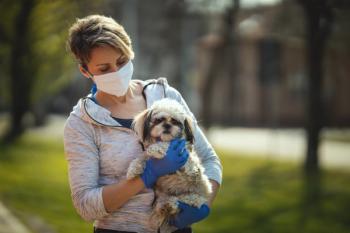
So far, none of the animals involved in the CoVERS study have tested positive for the virus that causes COVID-19.

Newborn puppies and kittens can become compromised quickly. Here’s what you need to know when caring for these fragile animals.
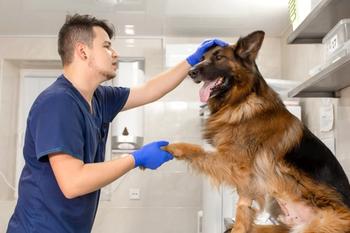
The supplement Fortetropin has been shown to curb muscle atrophy associated with postoperative exercise restriction in dogs following surgical repair of cruciate tears.
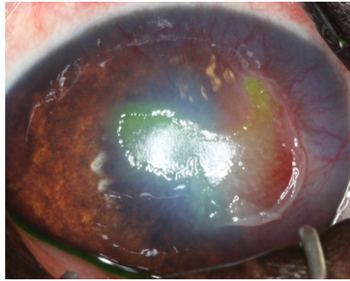
Test your diagnostic skills by examining the following images and selecting the answer you think fits best.
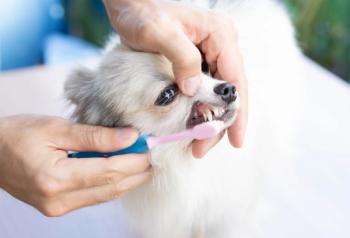
As a veterinary professional, you know how important your patients’ oral health is, but are your clients aware? Check out these tips on how to have a meaningful conversation with your clients about dental health.

The coronavirus pandemic has generated fear throughout the world, for many of the same reasons the polio epidemic did at one time.

Registration is now open for the first virtual Fetch dvm360 conference, which combines three of our exclusive annual live events: Fetch Baltimore, Hospital Design 360 and Fetch Kansas City.

A practice manager reflects on the many protocol changes implemented during COVID-19 that will benefit veterinary hospitals, clients and patients well into the future.

As pet owners and veterinarians seek natural aids as part of multimodal therapy for joint disease in companion animals, here’s a look at one potential supportive remedy that you may never have heard of.

According to the findings of a new study, the rise and spread of resistant Ancylostoma caninum isn’t just bad news for dogs. It may be a sign of what’s to come for human hookworm infections as well.

Three studies evaluate the efficacy and safety of Simparica Trio against canine flea and tick infestations in both laboratory and natural conditions.

Check out this week's news highlights.
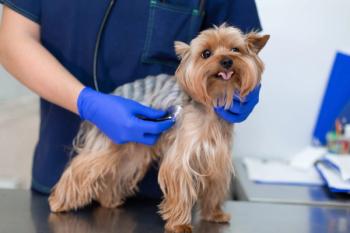
U.K. researchers are looking to determine whether the proteins that allow filarial parasites to establish infections will have similar protective effects in dogs.

The updated site offers new genetic tests for horses as well as comprehensive information to help educate both veterinary professionals and pet owners.
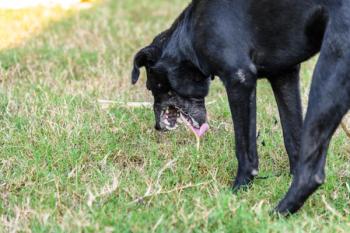
Clevor adds another, simpler weapon in the veterinarian’s arsenal for inducing emesis following toxin or foreign body ingestion in canine patients.

Osteoarthritis in dogs is often diagnosed late owing to several factors. Here’s why, plus tips for managing this debilitating disease through nutrition.
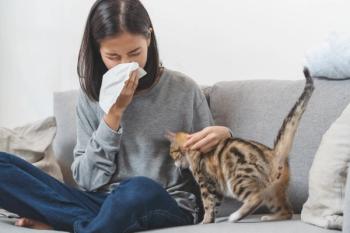
New survey results show that cat owners who suffer from pet-related allergies are willing to do whatever it takes to keep their feline family members.

The organizations are now working together to engage and mobilize veterinary professionals to better the treatment of dogs across the world.

Check out these top veterinary headlines.

Why—and how—one veterinary student is filling a need of many veterinarians in the profession.

A new study examines the use of photobiomodulation therapy to prolong survival for dogs with a progressive, fatal disease that currently has no definitive treatment.
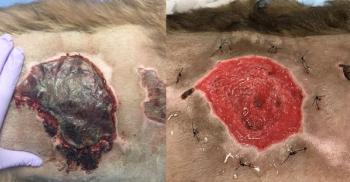
Why, when and how to incorporate honey and sugar into your veterinary wound healing arsenal.

Your veterinary practice may not be cluttered (or maybe it is), but that doesn’t mean it’s organized. Take these tips and make your space more efficient, attractive and tranquil.

When it comes to heartworms, cats may be overlooked but they’re certainly not immune. Here’s what you need to know about feline heartworm disease.

Testing by the USDA confirms that this the first case of the virus in a pet dog in the U.S.

As restrictions are lifted on businesses around the country, many veterinary practices are weighing their options for how to proceed with caution while maintaining safety for staff and clients alike.

Imoxi Topical Solution for Cats provides protection against some of the most common internal and external parasites.